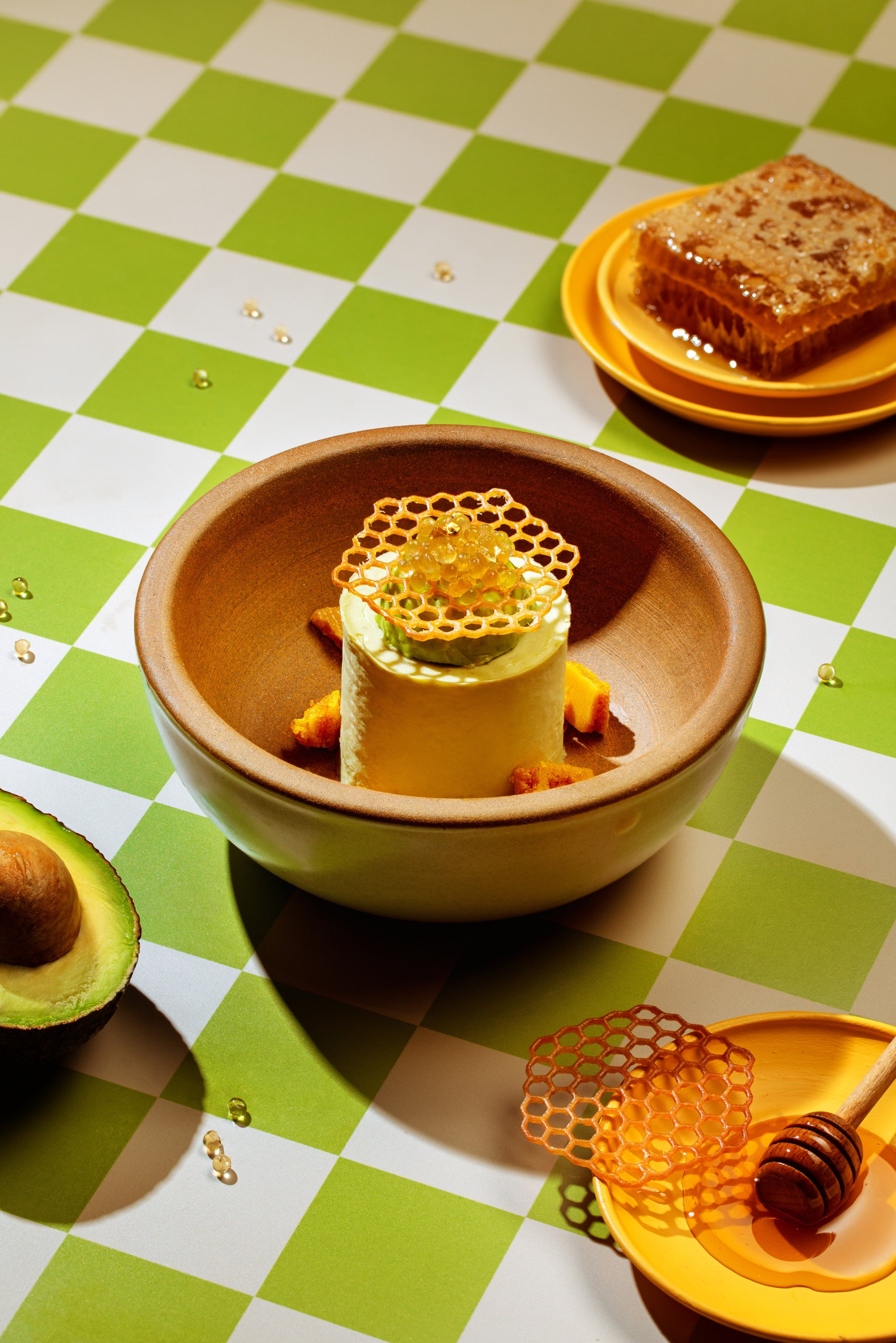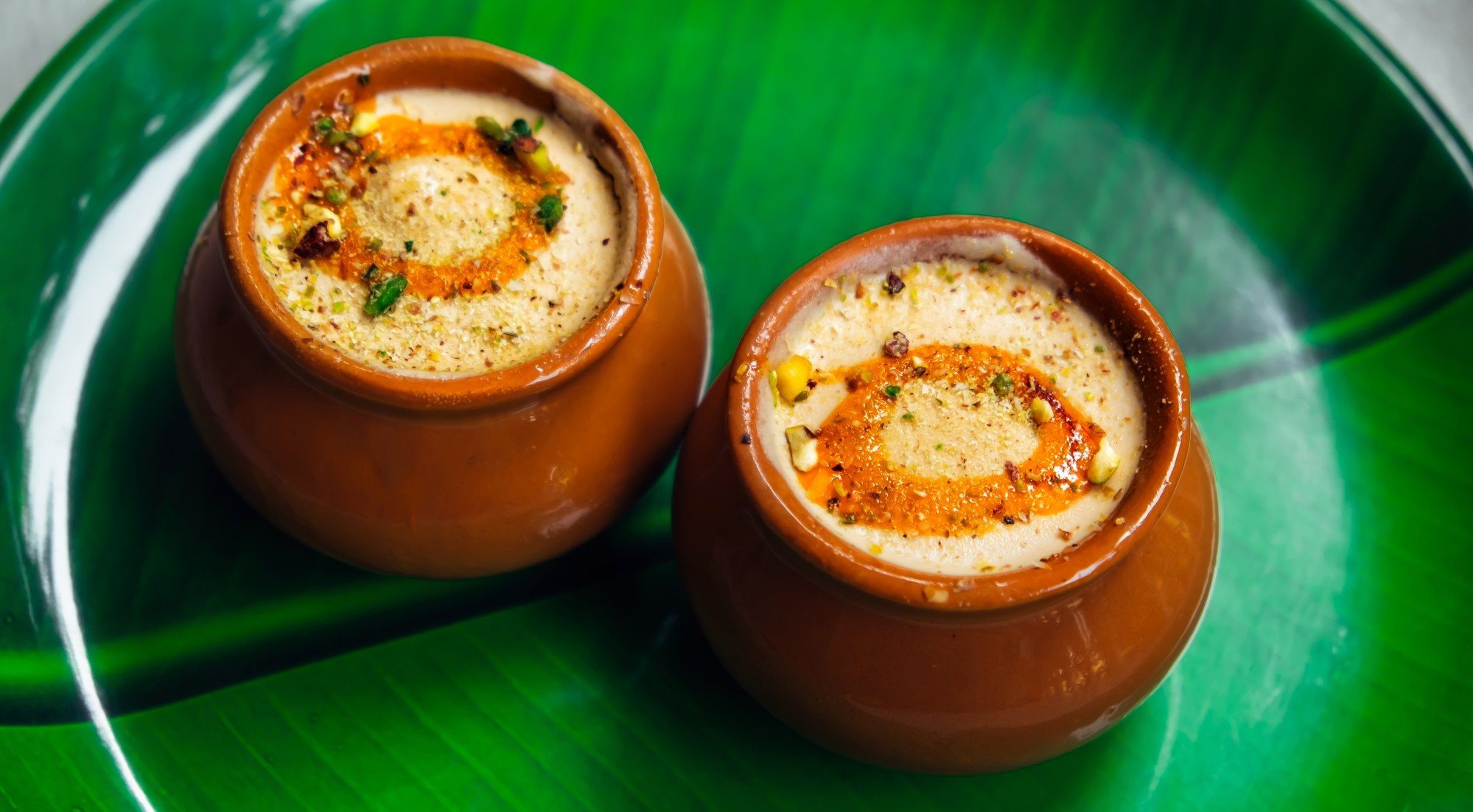
How Indian ice creams offer unique and creative flavours, as Gen Z and millennials drive gourmet and artisanal trends
- Inspired by everything from local cakes and desserts to red chilli and street food, Indian ice cream brands are breaking the mould when it comes to flavours
- India’s ice cream market is booming thanks in part to hotter summers and is expected to jump from US$2.7 billion in 2023 to US$11.5 billion in 2032
Ice cream is the perfect treat for scorching Indian summers but these days, they do not come in just any old flavours.
From chilli basil and betel leaf to sesame candy and even masala chai, these so-called artisanal ice creams are taking the traditional frozen dessert to another level.
Burma Burma, a Burmese restaurant and tea room chain in India, offers varieties made in-house including dark chocolate and olive oil, avocado and honey, caramelised chocolate and cheese, honeycomb and sweetcorn, and durian.
“The recently introduced ice cream flavours are a reflection of the preferences of millennials and Gen Z,” says Ankit Gupta, co-founder of Burma Burma.
“We have played upon the nostalgia of ice cream rituals such as visiting parlours, birthday parties, and bowls shared with family and guests, which to an extent helped us create different flavours. Our packaging is equally nostalgic, and encapsulates the feeling of vintage parlours and ice cream trucks.”

Chef Jayatri Biswas of The Fat little Penguin, an ice cream parlour in Kolkata, says that the Indian ice cream market has been slow to open up to new flavours, but that has not stopped his parlour from creating fun offerings such as popcorn cream cheese jalapeño, tarty lemon and lavender passion fruit.
Greater health consciousness has led a shift to ice creams without emulsifiers or artificial flavours, while younger consumers show keen interest in gourmet ice creams that are inspired by Indian cakes, cookies and confectionery.
The 2023 Godrej Food Trends Report noted that 75 per cent of the more than 200 chefs and food experts that contributed to the report predicted that interest in artisanal and gourmet ice cream would continue to grow.

One of the biggest trendsetters in the Indian ice cream market is Naturals Ice Creams, started by Raghunandan Srinivas Kamath in 1984 when he acquired a small ice cream shop in Mumbai.
Since then, Naturals Ice Creams has grown into one of the nation’s top ice cream brands, offering more than 125 flavours. It specialises in ice cream made from only milk, sugar and fruit, with no preservatives, stabilisers, artificial colours or chemicals.
Its seasonal fruit flavours include chikoo, jackfruit custard apple, musk melon, lychee, black grape, fig and watermelon. It has also developed some more unusual flavours, including prasadam (a special meal for worshippers), gajar halwa (a carrot-based dessert) and tilgul (an Indian sweet).
The fusion of Indian desserts with ice cream has also given rise to quirky ice cream flavours such as gulab jamun and ras malai.

Some ice creams even derive their inspiration from street food like pani puri, and local spices such as red chilli and pomegranate seeds.
Apsara Ice Creams, a vintage ice cream shop in Mumbai that started in 1971, now has more than 100 branches in Mumbai and other cities across the country. It is known for its unique flavours like crunchy chikki (made with peanuts and jaggery), tamarind twist and pani puri.
India’s love affair with ice cream goes back to the 16th century, when a frozen dessert called kulfi was developed in Delhi during the Mughal reign. The name derived from the Persian for “covered cup”, which refers to the conical metal mould in which it was made.

To make kulfi, milk flavoured with ingredients such as cardamom, saffron, pistachio and rose petals is mixed with sugar and slowly cooked in a wok, which reduces the milk and condenses it. It is then frozen in conical moulds. Even today kulfi in various flavours is still popular in India, often sold in earthen pots.
It was the British who introduced the Western concept of ice cream to India. After Indian independence in 1947, local brands such as Amul and Vadilal became household names. With economic liberalisation in the 1990s, foreign brands like Häagen-Dazs and Baskin-Robbins entered the country.
Thanks in part to hotter summers, the ice cream market is booming in the country and was worth 228.6 billion rupees (US$2.7 billion) in 2023, according to market research firm Imarc. The firm expects the market to reach 956 billion rupees by 2032.

For a long time, Indians had only a few standard flavours of mass-produced ice cream available to them, such as vanilla, chocolate, pistachio and strawberry. Most restaurants offered only vanilla ice cream with chocolate sauce, or a scoop of butterscotch ice cream. These ice creams were also full of artificial flavours and colours, and contained a lot of sugar and vegetable fats.
Today, quality and variety is all the rage. In Chennai, Amadora’s artisanal ice creams are hard to beat. From ice cream sandwiches to malted milk ice cream, its offerings have made it very popular with young and old.
“I just love their unique flavour, like the mami filter coffee ice cream based on local filter coffee, the trifle pudding, and even jaggery ice creams and sorbets,” says Shruti Kumar, a young IT professional who is a regular customer.

Raman Iyer, a Bengaluru-based entrepreneur who is a customer at The Fat Little Penguin, loves vegan ice creams and indulges in them at least twice a week with his family.
“Going out for ice cream has in many cases become ordering in an ice cream [thanks to food delivery apps like Swiggy], but their eternal charm with young and old is enduring,” he says.

